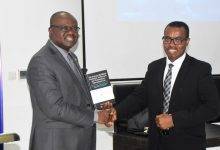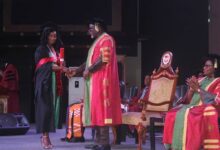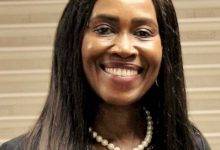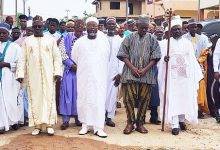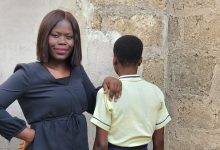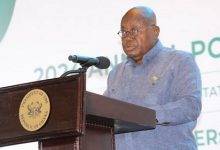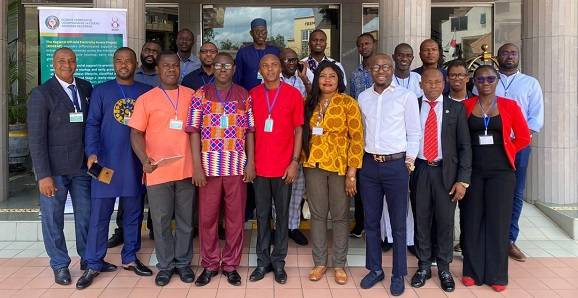
A three-day regional workshop to develop effective strategies aimed at enhancing access to electricity within West Africa and other parts of Africa has been held in Accra.
Organised by the Centre for Renewable Energy and Efficiency (ECREEE) of the Economic Community of West African States (ECOWAS), the workshop is focused on enabling the implementation and enforcement of the Regional Off-Grid Electrification Project (ROGEAP).
ROGEAP is aimed at increasing access to sustainable energy services for households, businesses, public hospitals, and schools in the 15 ECOWAS Member States including Ghana, Benin, Burkina Faso, Cape Verde, Cote d’Ivoire, the Gambia, and in four other African countries Mauritania, Central African Republic, Cameroon and Chad, using stand-alone solar systems.
The 338.7 million dollar project is funded by the World Bank, Clean Technology Fund (CTF) and Netherland Cooperation (DGIS).
It brought together experts in energy sector from Ghana, Cape Verde, the Gambia, Nigeria, Liberia and Sierra Leone to exchange knowledge and experience in the energy sector to help implement the project.
Opening the workshop in Accra yesterday, Senior Adviser for ROGEAP, EL Hadji Sylla, said out of the 405 million populations of West Africa and Sahel Regions, it was estimated that 208 million inhabitants have no access to electricity out of which 70 per cent live in rural areas.
However, due to the strategic importance of energy in achieving sustainable development and poverty reduction in Africa, it was necessary to improve electricity access to households, businesses and public institutions.
This, he said informed the decision to design the project which aims at enhancing electricity access in the West Africa and Sahel region, through standalone solar systems like, solar lanterns, solar home systems, solar water pumps, solar mills, solar sewing machines among others.
He said the project comprised of two components which comprise supporting the acceleration of the regional market and improving access to finance.
The first component, he explained, would focus on creating the enabling environment, entrepreneurship support and risk mitigation.
He noted that the second component would also focus on supporting the supply and demands side of electricity market development.
Mr Sylla indicated that the main objective of the project was to improve accessibility to electricity especially in rural areas by identifying policy barriers affecting the growth of the standalone solar market.
“This workshop is also to create awareness among the government policymakers on the benefits of removing such policy barriers and provide targeted support to remove barriers in challenging markets,” he said.
To improve the access to electricity in the region and Sahel countries, the project, Mr Sylla said, would help the countries adopt the Common External Tariffs (CETs) to facilitate cross-border trade of standalone solar products and develop a regional quality assurance framework to facilitate supply of eligible standalone solar products.
He said the project which commenced last year was targeting to provide universal access to electricity in the region by 2030
BY CLAUDE NYARKO ADAMS

